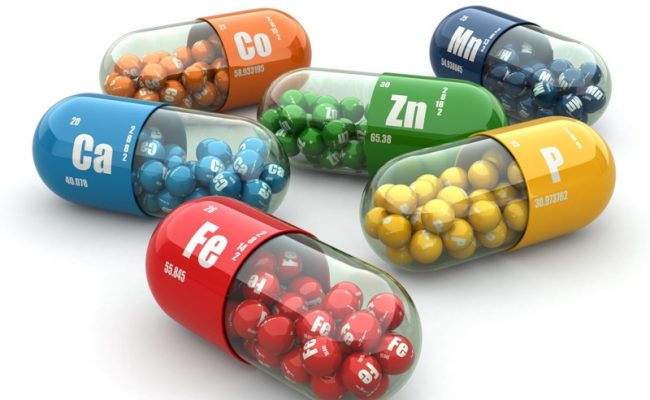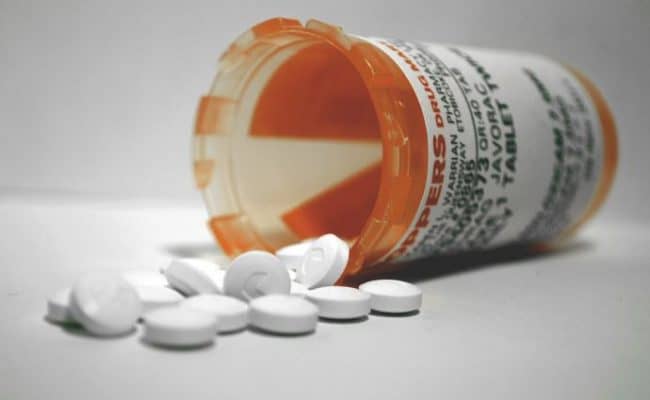
Creatine has been proven by research to provide benefits in strength and muscle mass in events that require short bursts of energy such as: weight lifting, sprints, jumping, etc.
Creatine became a popular sports supplement in the 1990’s. Unlike other supplements that fade out in popularity over time, creatine remains a popular supplement to this day.
In fact, Americans spend about $14 million per year on creatine supplements. Unlike other supplements, creatine is also very well researched.
In fact, there are over 1,000 studies done on creatine supplementation (1).
What makes creatine so popular? Many studies have shown taking creatine in recommended doses can increase sports performance such as: increasing high intensity exercise capacity, increasing lean mass, enhance post exercise recovery and may help protect against injuries related to sports.
Should you take creatine for athletic performance? It depends on why you are taking it. Creatine isn’t beneficial for endurance events but is more beneficial for explosive movements.
Other research has also shown creatine supplementation may have a positive effect on neuromuscular conditions muscular dystrophy, fibromyalgia, Huntington’s disease and overall aging.
Research is ongoing for possible medicinal uses of creatine and safety for use.
What is creatine?
Creatine is in certain foods and is a natural non-protein amino acid. Creatine is found in highest concentrations in red meat and seafood. Therefore, if you eat these foods in your diet, you will be getting a natural source of creatine.
About 95% of creatine is in muscles in the body. The other 5% is found in the brain and testes in men. About 2/3 of creatine in muscles is stored as phosphocreatine (PCr).
Creatine can be broken down into the metabolite creatinine and excreted in the urine. Therefore, the body’s store of creatine needs to be replenished.
Besides eating food sources of creatine, creatine can be ingested in supplemental form usually as creatine monohydrate.
Creatine supplementation guidelines
According to the International Society of Sports Nutrition (ISSN) 2017 position stand (2) on creatine supplementation, supplementing the diet with creatine can increase PCr levels by 20-40%.
The recommended way to supplement creatine is to consume 5 grams of creatine monohydrate (or 0.3 g/kg body weight) four times a day for 5-7 days.
After this period, consuming 3-5 grams of creatine per day should maintain muscle levels of creatine.
There may be some variance with this guideline; some athletes or conditions may warrant a higher creatine intake. However, before any supplement is taken, you should consult your doctor first.
Taking less than the recommended dose of creatine may not provide athletic enhancement. If someone takes creatine but does not have enough muscle stimulus, weight gain will occur.
Weight gain is a common side effect of creatine supplementation, but if you don’t exercise while taking creatine, weight gain may be more pronounced.
Creatine supplement and athletic performance
PCr is used as a way to make ATP in muscle cells. It is used for immediate, short needs for energy. Therefore, activities that are powerful and short duration use the PCr mode for energy needs the most.
Creatine supplementation should only be considered for athletic enhancement for sports requiring high intensity short bursts of energy.
Creatine supplementation has been shown to benefit greater gains in strength, muscle mass, increased performance in sprints and enhanced recovery in young and old athletes.
Most studies are with men, but research does suggest creatine can benefit female athletes also although the benefit may not be as pronounced.
Creatine is not suggested to provide beneficial outcomes from endurance sports.
Creatine and neurodegenerative diseases
Besides benefiting sports performance, some research has shown creatine supplementation may provide neuroprotective benefits.
Research is ongoing for how creatine may possibly benefit brain and neural activity. However, researchers currently suggest creatine supplementation may benefit neuronal mitochondrial bioenergetics.
Research is ongoing how creatine may affect neuromuscular diseases such as: fibromyalgia, Huntington’s disease, Parkinson’s disease, Lou Gherig’s disease and possibly others.
Somewhat similarly, creatine supplementation also has interest in how it may affect the aging process.
Some research has shown creatine supplementation may improve health through aging such as: lower blood cholesterol, triglycerides, lower liver fat accumulation, act as an antioxidant, minimize bone loss and enhance cognitive function.
More research is needed to further clarify these potential health benefits.
Are there dangers with taking creatine?
Creatine supplementation, like other supplements, has been viewed with caution especially for long term use and use in children.
However, short and long term studies (up to 5 years) have shown creatine supplementation ranging from 0.3- 0.8 grams/kg body weight do not have adverse health side effects.
According to the 2017 ISSN review on creatine supplementation, contrary to popular media sources, creatine supplementation does not increase risk for muscle injuries, dehydration, kidney damage or long term detrimental effects.
Despite these conclusions, there is still some concern within the medical community with long term use with creatine and the effect on kidney health.
Therefore, if you have any concern for taking creatine and kidney function, speak with your doctor before taking supplement.
Researchers suggest creatine is considered safe for most healthy trained or untrained individuals.
While some studies go up to 5 years of creatine supplementation use, it is not fully known if there is harm in taking creatine longer than 5 years.
This may be practical question for serious athletes who start taking creatine at an early age and continue through a professional athletic career.
Creatine should only be consumed as recommended. Taking doses higher than recommended, especially in children, is not recommended.
Conclusion: Should you take creatine?
Unlike other supplements, creatine is one supplement that actually has substantial research behind it. Creatine has been shown to provide benefits in strength and muscle mass in events that require short bursts of energy such as: weight lifting, sprints, jumping, etc.
Athletic events that are longer in duration don’t have benefits associated with creatine supplementation.
A common side effect for creatine use is weight gain. If you are following a proper exercise program, weight gain should be mostly muscle mass.
However, just taking creatine could cause a bloated like appearance and feeling. Those looking for weight loss as a main goal may not benefit from creatine supplementing.
Before taking any supplement, you should consult your doctor especially if you are on other medications or supplements.
Creatine should only be taken as recommended; do not exceed guidelines for consuming creatine supplement.
Some research has shown possible benefit between creatine and neuromuscular function and overall effect of aging. However, more research is needed on these topics.
Like any supplement, creatine is not a magic bullet for automatically improving athletic performance. Adequate training and a healthy balanced diet cannot be over looked.










